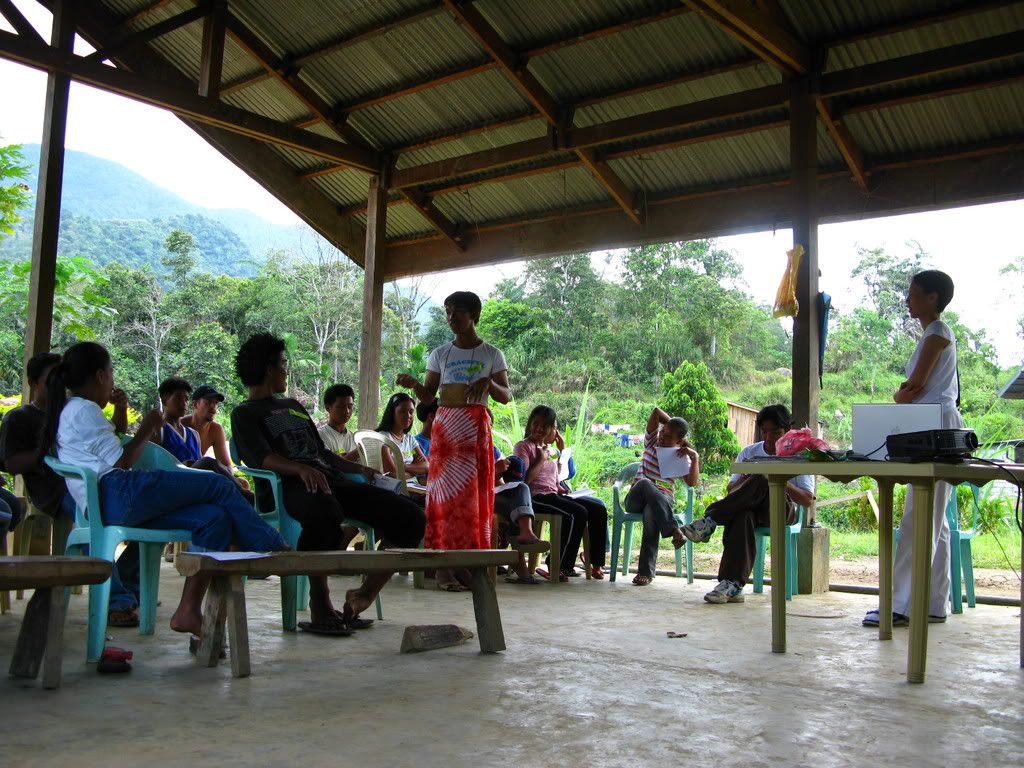what is news?

At a news writing workshop with the youth of Asipulo, Ifugao, we went through the preliminaries of defining the term "news."
Is news anything reported in the papers, on TV, or on the radio?
Is news anything that happens to a celebrity like Kris Aquino?
Could anything happening in their remote municipality be news?
The young people of Asipulo had a simple definition. To them, news is information that must be known and reported because it is important.
Given that they hadn't been taught the concept of news values before the workshop -- formally, at least -- the recognition of news as something that must be known (from the audience's perspective) and reported (from the journalist's perspective) is exactly what we were going for.
To them, the long lines to buy rice in Quezon City was news. The recent wedding of a foreigner slash community volunteer was news. The death of a community member would be news.
We talked about why some events would be considered news, and why some would not.
The difficulty in buying rice, for example, was of interest to them perhaps because it was an alien concept. As children of farmers, they could not imagine it ever happening in their locality.
They considered the wedding of the volunteer to be news because he was an important member of the community. The same was true of the death of a community member -- especially if s/he were an elder or a prominent figure.
One of the workshop participants related the concept of news to an advocacy: you report something because it is your advocacy. I must admit I didn't expect to hear this from them. Nevertheless, this is certainly true. Whether journalists acknowledge it or not, they are advocates of truth, democracy, development, justice, and peace.
Another thing that surprised me was when some of them asked about the killings or otherwise repression of journalists. This told me that they were somehow aware of the concept of freedom of expression and its importance.
The workshop was an enriching experience for me. I learned a lot through the perspective of an audience who are not media-savvy and who are in fact underrepresented in media.
I realized that young people -- in particular, this group in Asipulo, Ifugao -- have a lot to say, and that a newsletter such as the one they are planning to publish would indeed give them a voice.
And I remembered why and for whom we do what we do.
Thank you, Providential Youngsters Society!





No comments:
Post a Comment